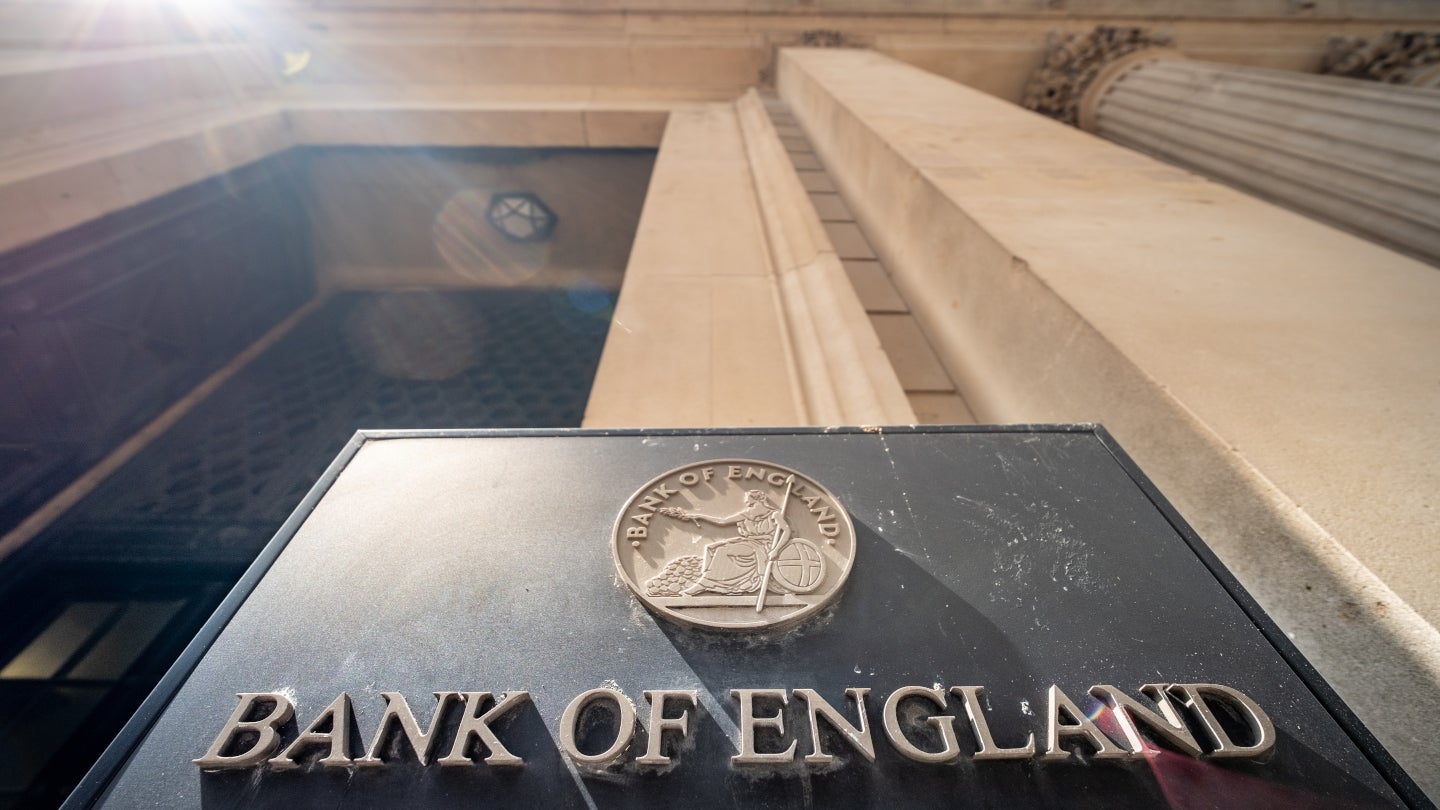
The Bank of England is looking to relax regulations for banks and insurers in a bid to boost economic growth while maintaining financial stability.
Sam Woods, CEO of the central bank’s Prudential Regulation Authority (PRA), emphasised that financial resilience and economic competitiveness are complementary goals during a House of Lords committee discussion, reported Financial Times.

Access deeper industry intelligence
Experience unmatched clarity with a single platform that combines unique data, AI, and human expertise.
The proposed reforms aim to ease reporting requirements for banks and allow insurers to pursue riskier investments without prior approval.
According to the news publication, Woods assured that these changes would not lead to deregulatory competition.
“I do think we should avoid a race to the bottom. But I don’t think that is what parliament has asked us to do,” he stated.
Woods outlined plans to reduce reporting requirements for banks later this year, following a one-third reduction already implemented for insurers.

US Tariffs are shifting - will you react or anticipate?
Don’t let policy changes catch you off guard. Stay proactive with real-time data and expert analysis.
By GlobalDataWhile he expressed uncertainty about achieving the same scale of reduction for banks, he remained optimistic, saying, “there must be some things we can do there.”
The regulator plans to introduce a “matching adjustment accelerator” to facilitate insurers’ investment in assets that previously required regulatory approval.
As reported by The Guardian, Woods described this as a sandbox approach, where insurers can proceed with investments and seek approval retrospectively.
This publication also highlights concerns raised about the potential dilution of regulations that safeguard against financial meltdown.
It said that critics recall the lax rules that contributed to the 2008 financial crisis and the subsequent bailouts, including that of Royal Bank of Scotland, now known as NatWest Group.
Regulations were made more stringent post-crisis to curb risk-taking and enhance industry oversight.







